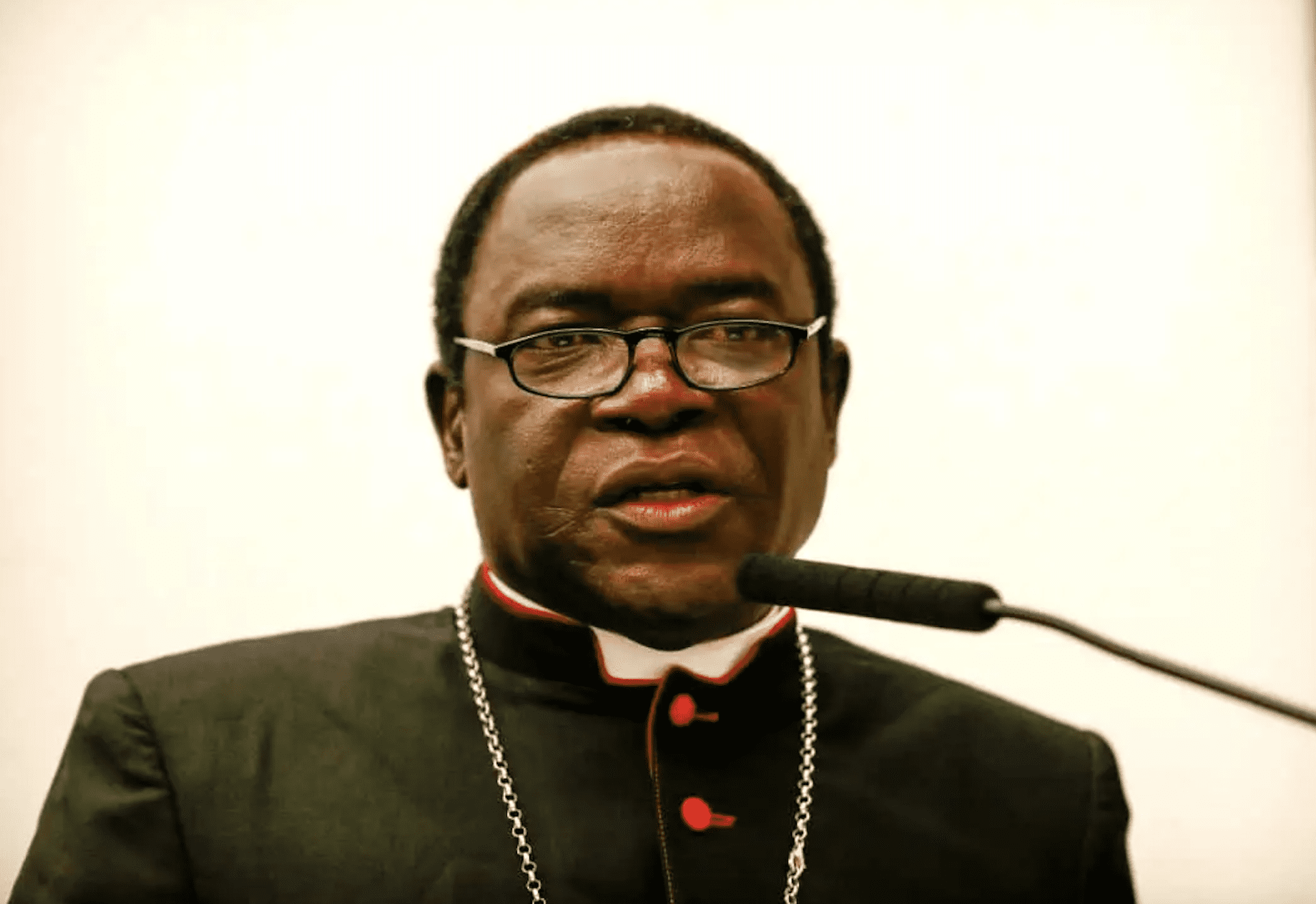
“Our dear country, Nigeria, still totters and wobbles as we screech towards a dangerous and avoidable canyon of dry bones,” said Matthew Kukah, Catholic bishop of Sokoto diocese, during his Easter Sunday address. This was a reference to the possible slide into civil conflict. He went on:
It is hard to know whether the problem is that those in power do not hear, see, feel, know, or just don’t care … our country has become one big emergency national hospital with full occupancy.
The bishop referred to the country’s fledgling economy and failing energy and security systems, as well as transportation infrastructure, concluding that “only corruption is alive and well.”
Kukah struck an optimistic tone, however: “guided by the light of the risen Christ, we can reclaim our country from its impending slide to anarchy.”
Congregants heard that “the greatest challenge” facing them “is the prospect for the reconciliation of our people.” According to Kukah, such a reconciliation is necessary to reverse the discord sown by the government of Nigeria under President Mohammad Buhari:
The Buhari administration sadly has divided our people on the basis of ethnicity, religion, and region, in a way that we have never witnessed in our history. This carefully choreographed agenda has made Nigerians vulnerable and ignited the most divisive form of identity consciousness among our people. Years of friendships, cultural exchange, and collaboration built over time have now come under serious pressure from stereotyping.
The bishop has raised the alarm concerning divisions and persecution of Christians in his country before, even speaking to U.S. lawmakers on the issue, and has predictably clashed with the Nigerian government as a consequence.
